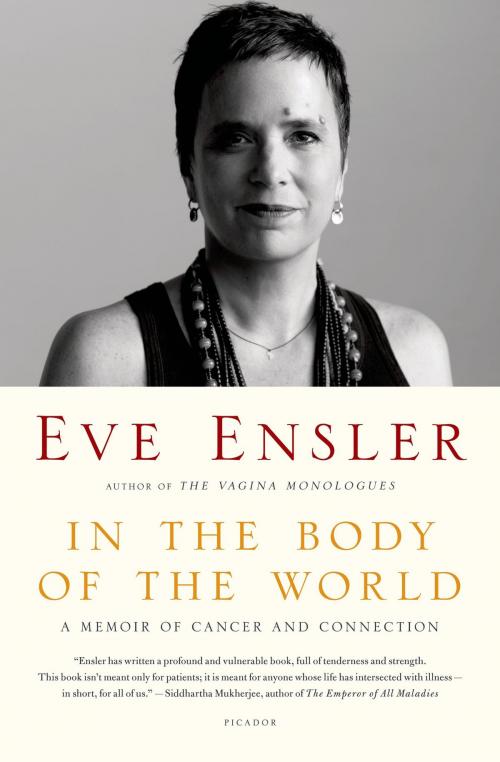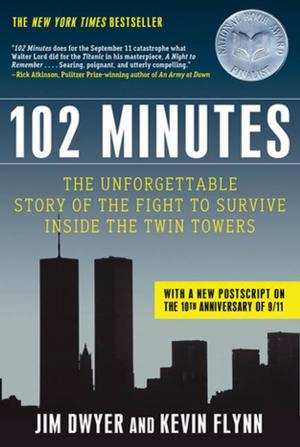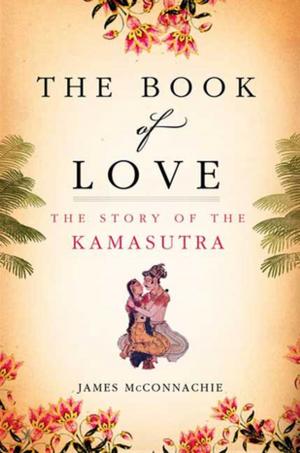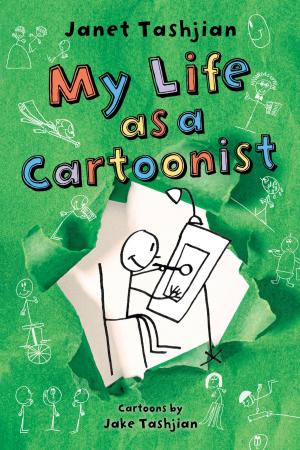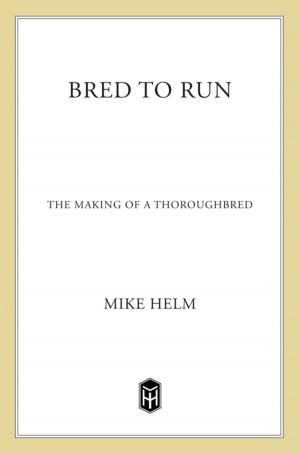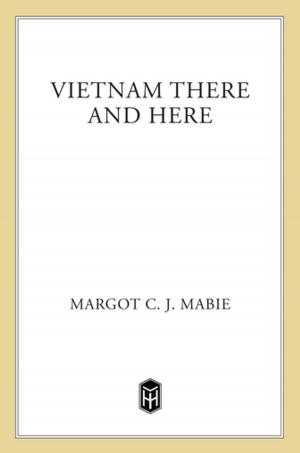In the Body of the World
A Memoir of Cancer and Connection
Nonfiction, Health & Well Being, Medical, Specialties, Oncology, Social & Cultural Studies, Social Science, Biography & Memoir| Author: | Eve Ensler | ISBN: | 9780805095241 |
| Publisher: | Henry Holt and Co. | Publication: | April 30, 2013 |
| Imprint: | Metropolitan Books | Language: | English |
| Author: | Eve Ensler |
| ISBN: | 9780805095241 |
| Publisher: | Henry Holt and Co. |
| Publication: | April 30, 2013 |
| Imprint: | Metropolitan Books |
| Language: | English |
From the bestselling author of The Vagina Monologues and one of Newsweek's 150 Women Who Changed the World, a visionary memoir of separation and connection—to the body, the self, and the world
Playwright, author, and activist Eve Ensler has devoted her life to the female body—how to talk about it, how to protect and value it. Yet she spent much of her life disassociated from her own body—a disconnection brought on by her father's sexual abuse and her mother's remoteness. "Because I did not, could not inhabit my body or the Earth," she writes, "I could not feel or know their pain."
But Ensler is shocked out of her distance. While working in the Congo, she is shattered to encounter the horrific rape and violence inflicted on the women there. Soon after, she is diagnosed with uterine cancer, and through months of harrowing treatment, she is forced to become first and foremost a body—pricked, punctured, cut, scanned. It is then that all distance is erased. As she connects her own illness to the devastation of the earth, her life force to the resilience of humanity, she is finally, fully—and gratefully—joined to the body of the world.
Unflinching, generous, and inspiring, Ensler calls on us all to embody our connection to and responsibility for the world.
From the bestselling author of The Vagina Monologues and one of Newsweek's 150 Women Who Changed the World, a visionary memoir of separation and connection—to the body, the self, and the world
Playwright, author, and activist Eve Ensler has devoted her life to the female body—how to talk about it, how to protect and value it. Yet she spent much of her life disassociated from her own body—a disconnection brought on by her father's sexual abuse and her mother's remoteness. "Because I did not, could not inhabit my body or the Earth," she writes, "I could not feel or know their pain."
But Ensler is shocked out of her distance. While working in the Congo, she is shattered to encounter the horrific rape and violence inflicted on the women there. Soon after, she is diagnosed with uterine cancer, and through months of harrowing treatment, she is forced to become first and foremost a body—pricked, punctured, cut, scanned. It is then that all distance is erased. As she connects her own illness to the devastation of the earth, her life force to the resilience of humanity, she is finally, fully—and gratefully—joined to the body of the world.
Unflinching, generous, and inspiring, Ensler calls on us all to embody our connection to and responsibility for the world.
